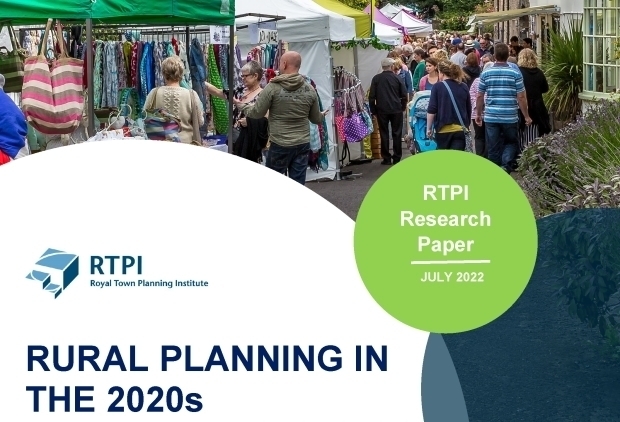“Rural areas are about much more than food production and need to be supported in the transition to mixed, post-carbon economies.”
.
‘Planning’ isn’t normally considered very exciting, to say the least – but it’s essentially about looking to the future. And the problem for rural areas is that the perspectives tend to be urban.
The Rural Town Planning Institute (RTPI) has commissioned some research on the issues – with the results just out:

Rural Planning in the 2020s is a report launched this month A recurrent problem for rural areas, which also affects the recruitment of planners, is the ‘farming trope’: the countryside is all about food production and its only need is to be protected from intrusive development. The farming economy is very important, but rural areas are about much more than food production and need to be supported in the transition to mixed, post-carbon economies. Planning will be central to that transition, guided by principles that are agreed but flexibly applied at all levels, and delivered by a broad partnership of community, public, voluntary and private interests.”
Rural Planning in the 2020s – Rural Services Network
Rural Planning in the 2020s Research Project
Rural Planning in the 2020s details the changing face of rural areas across the UK and Ireland. It identifies key challenges rural communities are facing in the 2020s, from COVID-19, to Brexit, to climate change. It also identifies the potential for the countryside to be a site for adaptation.
This wide ranging study explores significant challenges facing rural communities, including the rural housing market and agricultural sector, and assesses how land use planning can effectively support the delivery of sustainable development in rural areas in the 2020s.
Download the full report here and read key points below.
RTPI | Rural Planning in the 2020s
Rural planning faces a plethora of challenges, finds research | The Planner